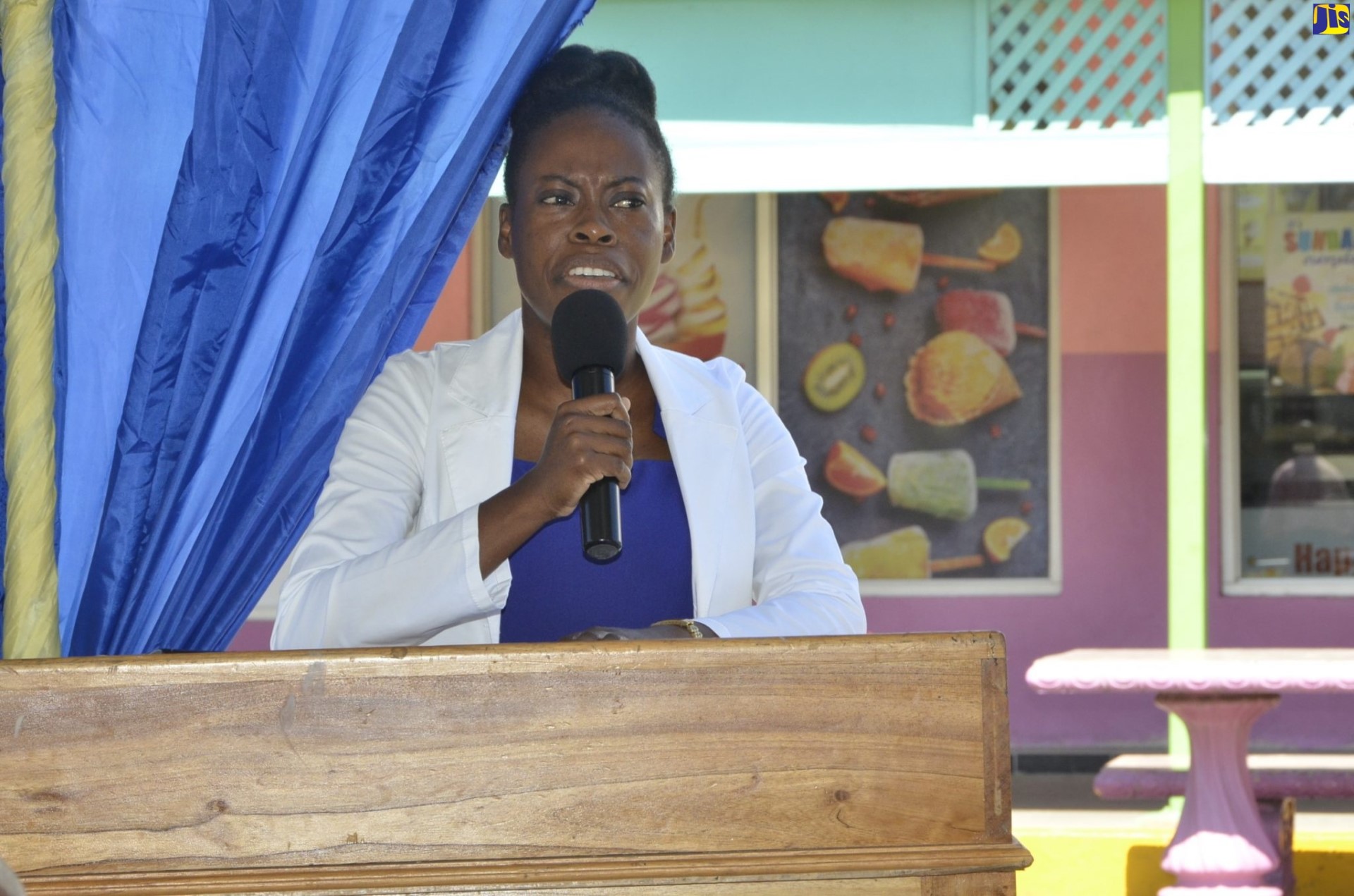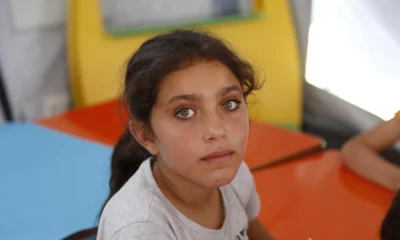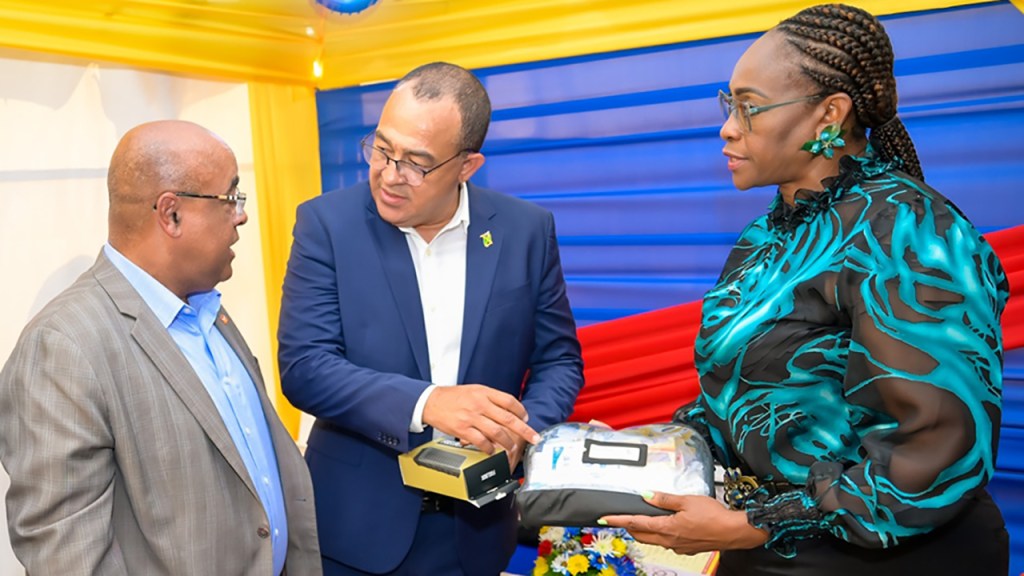Montego Bay September 19 (JIS) – The St. Ann Health Department has adopted a multipronged approach in the fight against dengue fever as the parish reports an increase in suspected cases of the mosquito-borne disease.
Addressing the monthly meeting of the St Ann Municipal Corporation on September 14, Medical Officer of Health for St. Ann, Dr. Tamika Henry, said although the country is not currently in outbreak mode, the parish is on high alert due to the endemic nature of dengue in Jamaica.
She explained that the multipronged strategy includes surveillance, case management, health education, human resource reinforcement, larvicidal and adulticidal activities, source reduction, external stakeholder engagement, and continuous monitoring and evaluation.
Active and passive surveillance methods are being employed to detect suspected cases early. This involves healthcare personnel actively searching for symptoms at hospitals and health centres, ensuring prompt intervention when necessary.
“We have a nurse that is stationed at the hospital; she’s our hospital active surveillance nurse. She goes from ward to ward, as well as in the outpatient department, accident and emergency, looking to see if there’s anybody who matches the case definition for dengue because, of course, we want to pick up things very early,” Dr. Henry said.
She noted that the health department has bolstered its human resources, employing 26 permanent vector control workers across its five health districts.
To manage the situation effectively, high-risk communities have been identified and targeted for intervention by workers, including larvicidal activities aimed at mosquito breeding sites.
Dr. Henry outlined that health education and promotion efforts are widespread, involving various public health nurses, public health inspectors and community health aides.
“We have public health nurses going out. Public health inspectors are in their zonal areas on a day-to-day basis; they, too, do health education. We have our Community Health Aides, who have been doing house-to-house visits, reminding persons about searching and destroying,” she said.
Dr. Henry noted that the Ministry of Education and Youth is also engaged, with dengue lesson plans being implemented in schools.
“One of our age groups of concern is five to 14. So, we engage with them [Ministry] and they have again rolled out their dengue lesson plan in the schools, and the children are doing their search-and-destroy activity during their activity session,” she added.
Since the start of 2023, St. Ann has received 17 notifications of suspected dengue cases. One case has been confirmed that involves a 13-year-old male who presented with fever, headache, eye pain, and nausea.
Dr. Henry disclosed that nearly half of these cases, approximately 48 per cent, match the case definition for dengue, a significant increase compared to 2022.
In 2022, the parish had 10 reported cases with only one being confirmed as dengue fever.
“More males are being reported than females in 2023, and we recognise that there are two particular age groups of concern – 5 to 14 age group, that is our primary school going up to our high school, as well as our 24 to 44 age group,” Dr. Henry shared.


 Crime5 days ago
Crime5 days ago
 TCI News5 days ago
TCI News5 days ago
 TCI News1 day ago
TCI News1 day ago
 Caribbean News4 days ago
Caribbean News4 days ago
 Bahamas News4 days ago
Bahamas News4 days ago
 Bahamas News5 days ago
Bahamas News5 days ago
 Bahamas News4 days ago
Bahamas News4 days ago
 News5 days ago
News5 days ago








